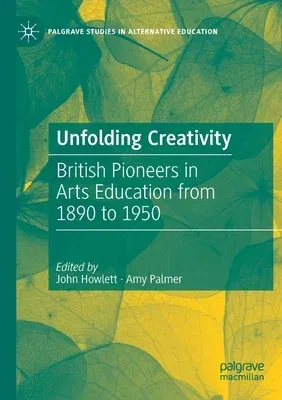Unfolding Creativity: British Pioneers in Arts Education from 1890 to 1950 (2021)Paperback - 2021, 29 October 2022

Qty
1
Turbo
Ships in 2 - 3 days
In Stock
Free Delivery
Cash on Delivery
15 Days
Free Returns
Secure Checkout

Part of Series
Palgrave Studies in Alternative Education
Print Length
263 pages
Language
English
Publisher
Palgrave MacMillan
Date Published
29 Oct 2022
ISBN-10
3030757404
ISBN-13
9783030757403
Description
Product Details
Book Edition:
2021
Book Format:
Paperback
Country of Origin:
NL
Date Published:
29 October 2022
Dimensions:
21.01 x
14.81 x
1.5 cm
ISBN-10:
3030757404
ISBN-13:
9783030757403
Language:
English
Location:
Cham
Pages:
263
Publisher:
Weight:
335.66 gm